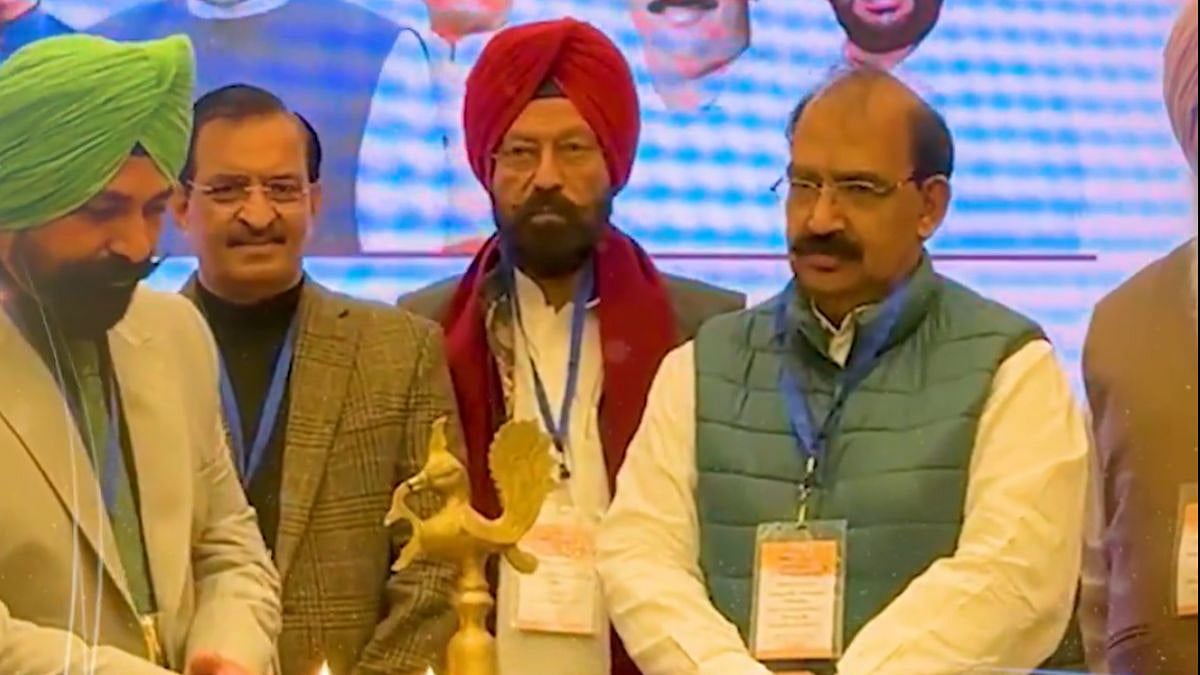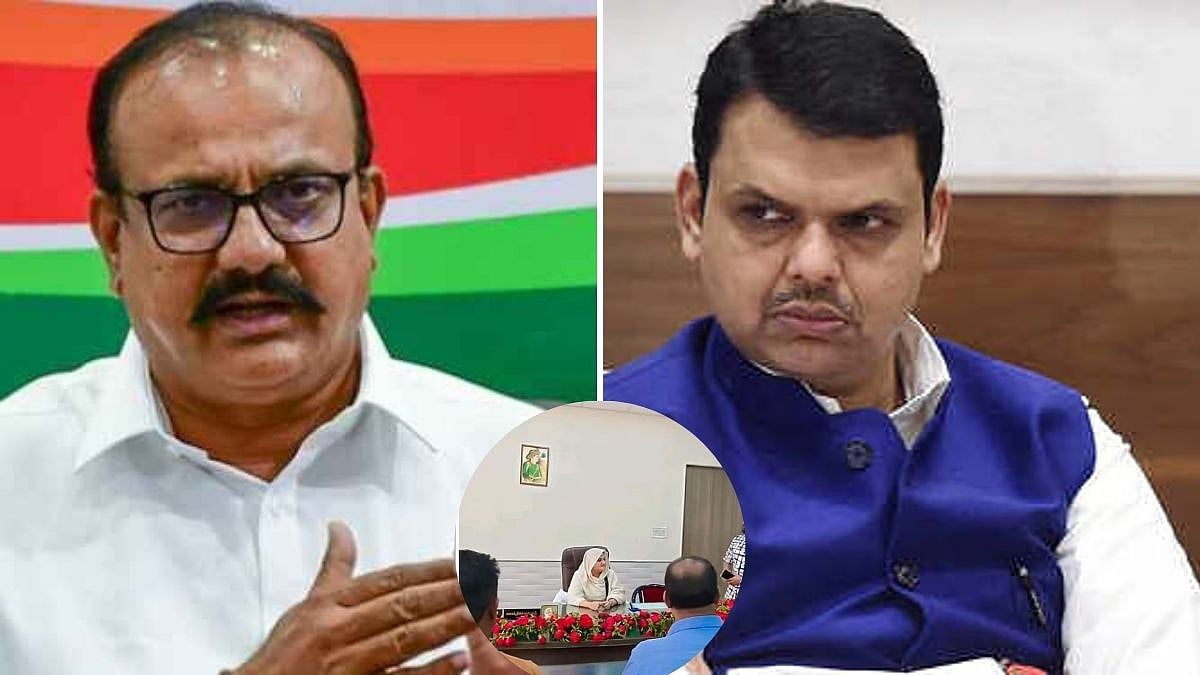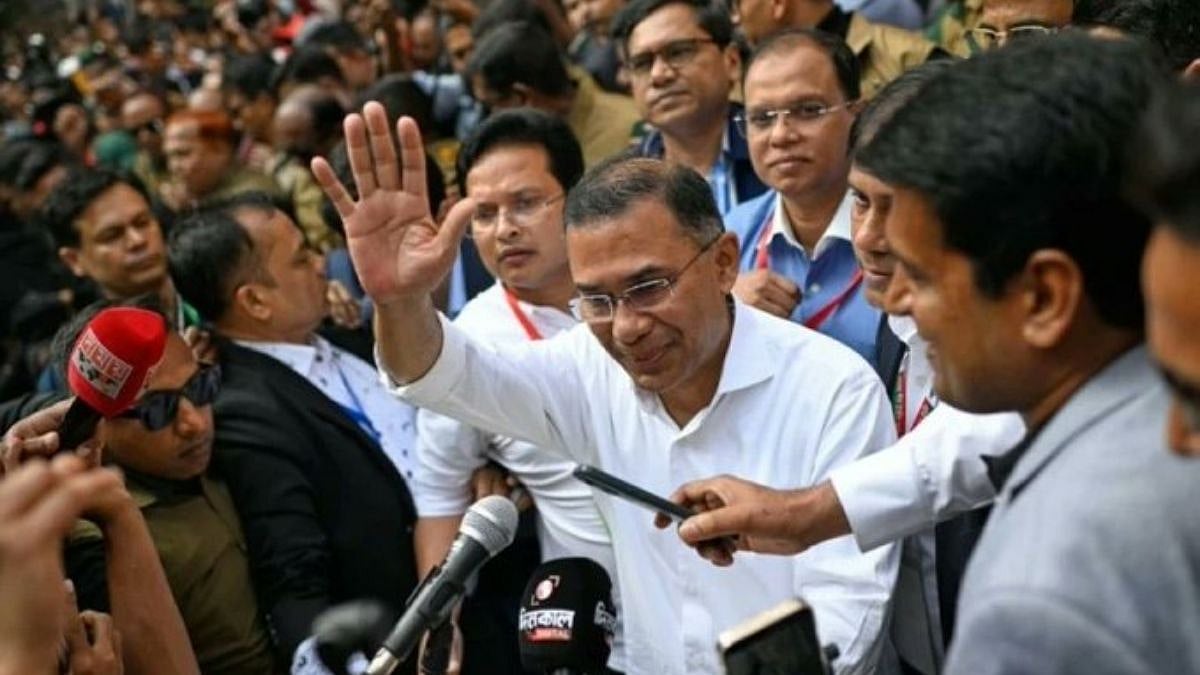Sunday’s “farcical” elections in Bangladesh were marked by low voter turnout and pre-poll violence. The victory of Sheikh Hasina Wajed and her Awami League party, which was announced by the Election Commission, was a foregone conclusion as the main Opposition Bangladesh Nationalist Party led by Khaleda Zia boycotted the polls amidst an extensive crackdown on its supporters. Sheikh Hasina gets set for a fifth term in power but her victory has surely dented democracy in the tiny nation that came into existence in 1971. Both India and China set to benefit by the return of Hasina, the former because of joint rail link, power and port projects, and the latter because of Dhaka’s key role in the Belt and Road Initiative. The Bangladesh economy has suffered a setback post the pandemic, and high inflation coupled with low prices for workers in the garment industry, the mainstay of the Bangladesh’s economy, have led to mass unrest. However, the boycott by BNP ensured the return of the Awami League. After a term marred by allegations of human rights violations and suppression of Opposition voices, Sheikh Hasina’s return does not augur well for democracy, indicative as it is of a one-party system coming into existence.
In the run-up to the polls, the USA imposed sanctions in the face of widespread allegations of intimidation of political leaders and voting irregularities but Hasina’s government has had the backing of China, Russia, and of course India. Russia, in fact, accused the US of interfering in the internal affairs of Bangladesh. For New Delhi, ties with Dhaka are of strategic and economic interest. For Beijing it has so far been a business deal but given the geopolitical significance of the tiny nation, it could take the form of a strategic partner too. With US-India ties on the upswing, keeping Bangladesh outside the sway of China’s influence is of great significance. Another reason for India’s keenness to see the return of Hasina is that the Khaleda Zia-led BNP had encouraged extremist elements with a distinct anti-India flavour. The attacks on minorities and liberal elements in Bangladesh have seen an alarming rise but the Awami League government has managed to curb these extremist elements. The party has long-standing historical ties with India given the key role it played in the liberation of Bangladesh.
However, the Hasina government cannot escape international scrutiny given the numerous allegations of human rights abuses and crackdown on political opponents. An election means giving people the choice to elect their leaders. In Bangladesh that choice was snatched away from citizens, making the democratic process a flawed one.









